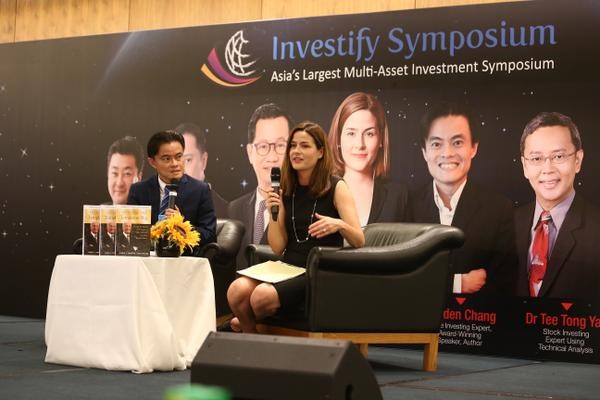Introduction
In the world of investing, financial metrics and management quality often dominate investors’ attention. However, it’s equally important to consider qualitative factors that can impact a company’s long-term success. Focusing on three crucial qualitative criteria—strong brand, management ownership, and a CEO’s credit-sharing attitude—can provide investors with a more comprehensive understanding of a company’s potential and help them make wiser investment choices.
Strong Branding
The importance of a strong brand cannot be overstated. Investing in companies that have created strong brand recognition has always been a vital element in stock analysis for qualitative criteria. Take Apple, for example; its powerful brand has played a significant role in its success and market dominance. A distinctive and relevant brand will not only capture a more significant market share but also charge a premium for its products or services. Brands become a shortcut for decision-making, so considering factors such as market position, brand recognition, customer loyalty, and a company’s ability to innovate and adapt to market changes is essential when evaluating a company’s brand strength.
Management Ownership
Management ownership is another crucial qualitative criteria for investors to consider. When a company’s management has a significant ownership stake, their interests are more likely to align with those of the shareholders. Amazon’s CEO, Jeff Bezos, held a substantial ownership stake in the company, which has helped to prioritize long-term value creation over short-term gains. Evaluating the percentage of shares owned by top executives and the board of directors, insider buying or selling activity, and stock-based compensation and incentive structures can provide insight into the level of management ownership. A high level of management ownership may indicate that the company’s leaders are confident in its future prospects and committed to driving shareholder value.
Company’s leader
Lastly, the attitude of a CEO who shares the credit for their firm’s success with employees demonstrates strong leadership and fosters a positive corporate culture. Since taking the reins as CEO of Microsoft in 2014, Satya Nadella has transformed the company into a hub of innovation and creativity, attracting top talent and re-establishing Microsoft as a leading technology player. Nadella’s leadership style focuses on nurturing a growth mindset, promoting collaboration, and fostering a culture of inclusivity.
He recognized the need for a change in the company’s culture and saw that the existing structure was characterized by formal, hierarchical meetings that stifled spontaneity and creativity. To address this issue, he set out to establish a more open and inclusive culture, where employees at every level could share ideas and contribute to the company’s mission.
Conclusion
In conclusion, investors must recognize that evaluating a business goes beyond examining profits and financial figures. Each company comprises its leaders and employees, making it essential to consider aspects such as brand strength, management structure, and leadership style. By doing so, investors can develop a more comprehensive understanding of a company’s potential for long-term success and make well-informed investment decisions.

Watch as Ms. Lauren Templeton shares her top 3 qualitative criteria on how to evaluate a company before you invest in it. Held at 2018 Investify Symposium at Suntec Convention Centre
DISCLOSURE
The above article is for educational purposes only. Under no circumstances does any information provided in the article represent a recommendation to buy, sell or hold any stocks/asset. In no event shall ViA or any Author be liable to any viewers, guests or third party for any damages of any kind arising out of the use of any content shared here including, without limitation, use of such content outside of its intended purpose of investor education, and any investment losses, lost profits, lost opportunity, special, incidental, indirect, consequential or punitive damages resulting from such unintended use.













